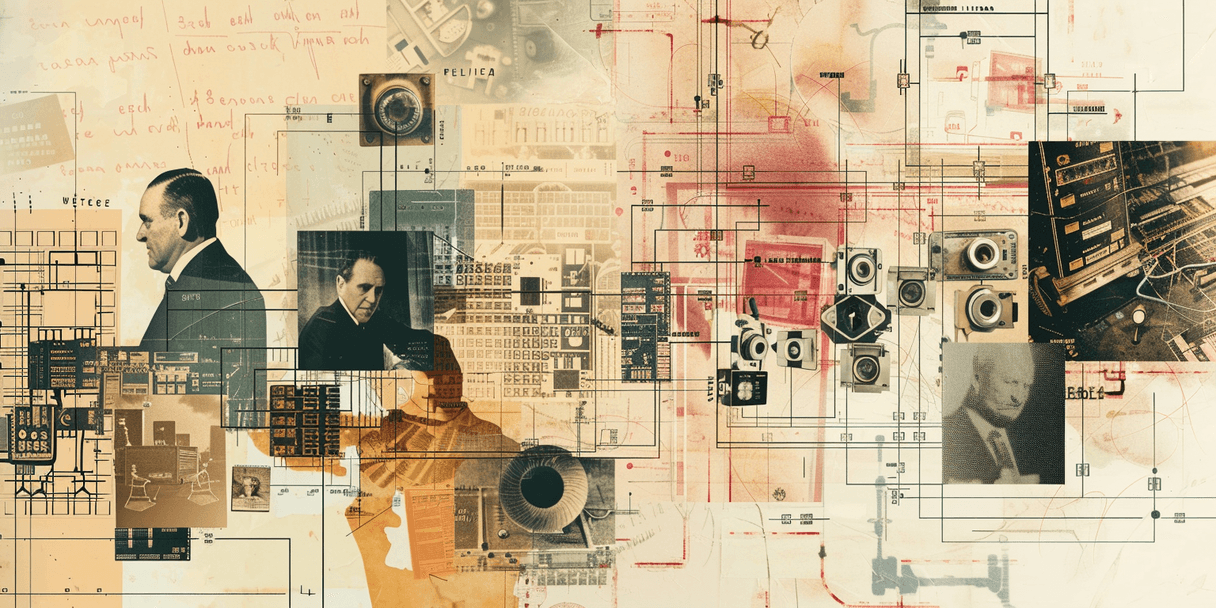Artificial Intelligence (AI) has become a ubiquitous part of modern life, influencing everything from how we shop to how we interact with our devices. While names like Alan Turing and John McCarthy are well-known for their contributions to the field, there are several lesser-known pioneers whose groundbreaking work has significantly shaped the landscape of AI. This post delves into the stories of these unsung heroes, exploring their contributions and the impact they've had on the development of AI.
Ada Lovelace: The First Computer Programmer
Ada Lovelace, an English mathematician and writer, is often celebrated as the first computer programmer. She worked on Charles Babbage's early mechanical general-purpose computer, the Analytical Engine. Lovelace's most notable contribution was her work on an algorithm intended to be processed by the machine, making her the first to recognize the machine's potential beyond mere calculation. Her foresight in envisioning the capability of computers to handle symbolic computations and create music and art marks her as a visionary in computational thinking, laying the groundwork for modern AI.
Marvin Minsky: The Father of AI
Marvin Minsky, co-founder of the Massachusetts Institute of Technology's AI laboratory, was pivotal in molding the field of AI. His work spanned from neural networks to the development of symbolic AI. Minsky's book "Perceptrons," co-authored with Seymour Papert, was influential in shaping ideas about neural networks and AI. His advocacy for interdisciplinary approaches in cognitive science and AI significantly pushed the boundaries of the field.
Raj Reddy: Pioneer in Speech Recognition
Raj Reddy, a professor at Carnegie Mellon University, made significant contributions to the field of speech recognition. In the 1970s, his work on speech understanding systems, particularly the development of the HARPY system, which could understand over 1000 words, was a monumental step forward. Reddy's work laid the foundation for the voice-activated AI assistants that are now commonplace in homes and smartphones.
Rosalind Picard: Affective Computing
Rosalind Picard, a professor at MIT, introduced the concept of affective computing, an AI that can detect and respond to human emotions. Her pioneering research in this area has opened up new pathways for AI applications in mental health, education, and customer service, making machines more responsive to human emotional states.
Geoffrey Hinton: Godfather of Deep Learning
While perhaps not as obscure as others on this list, Geoffrey Hinton's work deserves mention for its profound impact on AI. Known as the "Godfather of Deep Learning," Hinton's research on neural networks and his development of algorithms like backpropagation have been crucial in enabling AI systems to develop capabilities that mimic human learning processes. His work has been fundamental in the advancement of deep learning technologies that power many of the AI applications we use today.
Conclusion
The field of AI is built on the contributions of countless individuals, each bringing their unique insights and innovations. While some pioneers like Ada Lovelace and Marvin Minsky are celebrated, many others remain lesser-known despite their significant contributions. Understanding these pioneers' work provides a richer picture of AI's development and a deeper appreciation for the complex, collaborative nature of technological advancement. As AI continues to evolve, recognizing and celebrating these diverse contributions is crucial for fostering innovation and guiding the ethical development of future technologies.

